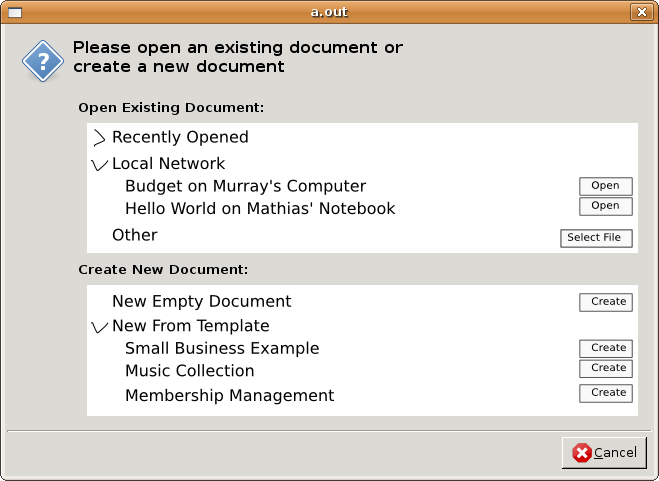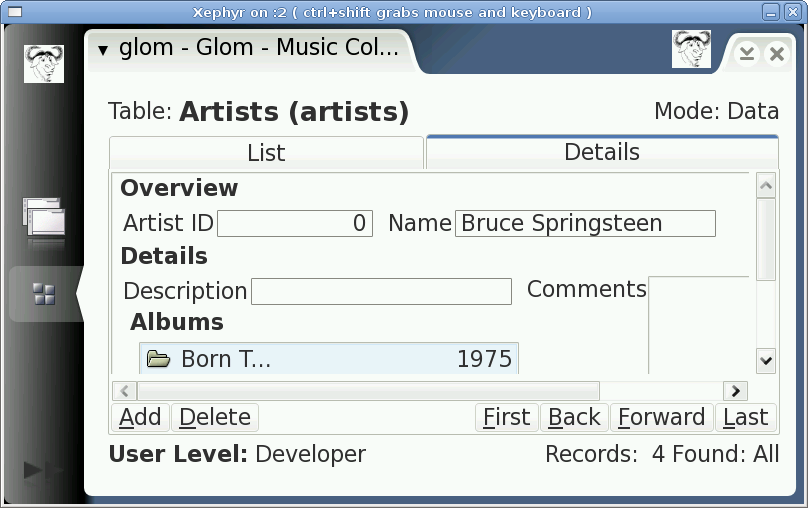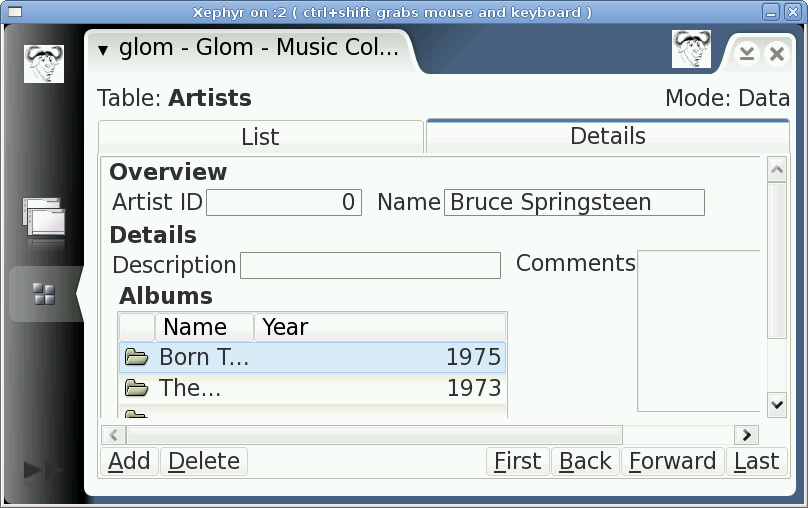I’ve been travelling more than usual in May and I’m not finished.
I spent a couple of days in Brussels at Thomas Vander Stichele‘s place, getting a crash course in the Flumotion streaming media server because I’ll be writing Flumotion‘s user documentation.
I’m writing quite a lot of documentation these days, and enjoying it as a holiday from writing code. It’s stress free in comparison. I’d like to make Openismus known for creating documentation along with our development and QA work. There’s always a need for it.
After Brussels I spent a few days with Liam’s grandparents in Karlsruhe before heading to Prague for FOSSCamp. Being away from him for so long was not easy.
Things I read on the train to Prague:
- The GStreamer Application Development Manual: This is a truly useful document. I now feel like I understand how to use gstreamer. That has allowed me to make sense of the surprisingly mature gstreamer C++ bindings and should help my understanding of Flumotion. I now want to read the GStreamer Plugin Writer’s Guide too.
- The GNOME Documentation Style Guide: This was better than expected, written by true strunkandwhiteistas who show real experience of writing technical documentation. I didn’t learn much new but was glad to see the advice presented for others. Many points are repeated, but that’s maybe to allow each audience to get the whole message without reading the other sections. Still, the text is sometimes long winded, suggesting a rogue extra author.
FOSSCamp was not quite the dull unstructured talk-fest that I feared, just because of the quality of the attendees, each of whom had something fascinating to explain. It was indeed mostly just talk, with little chance of any resulting action, but it was at least interesting talk.
I quickly introduced Glom to a small group of people who seemed positive and led a larger discussion about updates of stable upstream releases in stable versions of distros, mostly focusing on Ubuntu because only the Ubuntu people seemed to have opinions. Maybe the other distros’ processes are not so easily influenced. I think we already have a result, which I can hopefully mention soon.
I stayed an extra day to meet André Klapper, who is attending the Ubuntu Developer Summit, so we could talk about his bugmaster work for Openismus. We fight entropy. I attended the Ubuntu Mobile sessions in the morning before taking the train home to Munich, but it was impenetrable to anyone not already involved. But that’s UDS – it’s for people already working on stuff.
Both FOSSCamp and the overlap with UDS allowed me to meet many of my favourite people and I am guilty of enjoying their company when I should have been meeting more new people instead.
On Saturday we fly to Scotland (North Berwick) for two weeks so Liam can meet his other grandfather and aunt. I’ve tried to plan the pain out of flying with a five-month old baby for the first time, but it’s sure to be a challenge.



